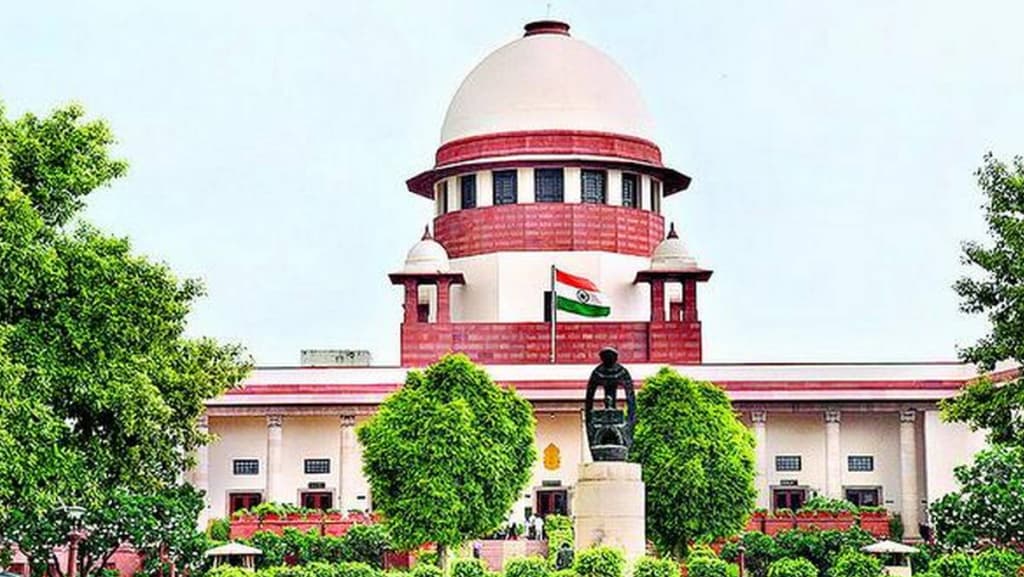
Can Civil, Criminal Proceedings Coexist on Same Facts? SC Clarifies Position
Supreme Court of India rules that civil and criminal cases can run parallel on the same facts if a criminal element exists.
In a significant judgment delivered on July 31, 2025, the Supreme Court of India clarified the legal position on whether civil and criminal proceedings can coexist on the same set of facts. The ruling, delivered by a bench of Justices Sushanshu Dhulia and Ahsanuddin Amanullah, was in the case of SV Vijayalakshmi & Ors vs State of Karnataka & Anr.
The Court held that the mere existence of a civil remedy does not automatically justify quashing criminal proceedings related to the same facts. The key determinant is whether the allegations disclose a prima facie element of criminality. If a civil transaction also involves elements of fraud, deception, or criminal intent, then both civil and criminal proceedings can validly proceed simultaneously.
The judgment reiterated the well-established principle that there is no absolute bar to simultaneous civil and criminal proceedings. However, it also emphasized that if the criminal proceedings are merely an abuse of the legal process and lack a substantial criminal element, they should be quashed. The Court cited the 2013 case of Paramjeet Batra v. State of Uttarakhand, which highlighted that a civil dispute can acquire a criminal character if fraudulent or criminal intent is present.
In the specific case, the Supreme Court ultimately quashed the criminal proceedings. It found that the allegations, even if taken at face value, did not meet the necessary criteria to constitute offenses such as cheating, breach of trust, or conspiracy. The Court's decision was based on the merits of the case, and the benefit was extended to all co-accused.
In a separate but related action, the Court exercised its extraordinary jurisdiction under Article 142 of the Constitution to take suo motu cognizance of suspected collusive litigation involving the Bengaluru Development Authority (BDA) and the appellants.
The Court observed that the matter, concerning a land dispute where legitimate beneficiaries were deprived of their land, was a "blatant misuse of law." It directed the registration of a new writ petition to be tagged with a pending Special Leave Petition filed by the BDA for deeper judicial scrutiny. This was a clear signal that the court would not "turn a blind eye" to collusive arrangements that are against public interest.
The ruling also touched upon procedural matters, affirming that the guidelines laid down in the Priyanka Srivastava case, which mandate the filing of a supporting affidavit for certain complaints, are mandatory but prospective in nature. The Court clarified that the defect of not filing such an affidavit is curable, but it must be remedied before any substantive order is passed.
For any enquiries please fill out this form, or contact info@thelawreporters.com Follow The Law Reporters on WhatsApp Channels